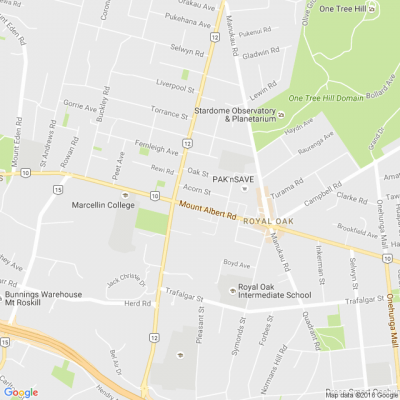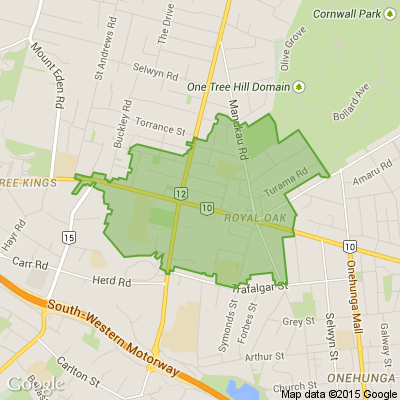Food prices rose 12.5 per cent in the year to April 30, that’s the highest rate since September 1987.
Yesterday’s food price statistics were a stark reminder that Kiwis are still feeling the pain from the rising cost of living.
Despite the fact that higher interest rates are starting to bite and the economy is starting to slow, we cannot yet relax in the fight to beat inflation.
Anyone who remembers the year to September 1987 will recall the country was in a pre-sharemarket crash, inflationary investment bubble. Mortgage rates were up at eye-watering heights, close to 20 per cent.
Most economists expect the Reserve Bank will need to deliver at least one more Official Cash Rate hike on May 24, taking it to 5.5 per cent.
That will see two-year fixed rates above 7 per cent.
Clearly, we are not seeing a repeat of those 1980s excesses.
With the size of the average mortgage so much larger now (nominally and relative to income) the pain will be real.
There’s no getting around the need to rebalance the economy and pay the price for the Covid stimulus-fueled boom - albeit a boom that successfully protected us from a far more serious economic slump than the one we now face.
But there is hope that we are nearing the end of this painful part of the economic cycle.
On Thursday, markets around the world cheered the news that US consumer price inflation had cooled again - the 10th consecutive month of deceleration.
The US Consumer Price Index climbed 4.9 per cent in April from a year earlier, less than the 5 per cent that Bloomberg’s survey of economists had expected.
Stripping out volatile prices like food and oil, the core measure (that central banks tend to focus on) was an improved 5.5 per cent.
Globally, commodity prices have plunged in the past year. We are now seeing the price effects of the pandemic play through in something like the transitory manner that most economists expected.
But the flow-on through to domestic economies - as local businesses pass on costs and wages rise - is taking longer to unwind.
There was a risk that domestic inflation would spiral and become embedded. And that required central bank action.
In New Zealand, the flooding and weather events have compounded food price inflation, but there will always arise short-term issues to deal with.
Despite that the April food price index rise was not actually a shock to economists - it was in line with expectations.
It won’t have shaken the view that topline inflation has peaked.
As that food price spike plays through the numbers, we’ll be left with wages and employment as the last piece of the puzzle to fall into place.
Once we can be sure that we see the rate of inflation is on the decline, there will be scope for the self-inflicted pain of monetary tightening to be eased.
In other words, the Reserve Bank will have regained some control of the economy - until the next big global shock at least.
====================================================
www.nzherald.co.nz...
====================================================

Selling Investor house
Is anyone looking to buy an investor house in Mangare Bridge. It's a brand new two bedroom, one bathroom townhouse, it is going for $580,000 to $600,000.The house comes with a well referred tenant and is not to be sold to live in but to invest in with a current tenant. She is the first and only tenant that has lived there. It is located near the motorway and bus stops and is in a very safe communal neighborhood managed by Bodycorp. The house is surrounded by beautiful views and trees everywhere and is therefore very cute and cozy. If you are interested to buy the house as an investment please message me. I will send you the pictures.
Have you got New Zealand's best shed? Show us and win!
Once again, Resene and NZ Gardener are on the hunt for New Zealand’s best shed! Send in the photos and the stories behind your man caves, she sheds, clever upcycled spaces, potty potting sheds and colourful chicken coops. The Resene Shed of the Year 2026 winner receives $1000 Resene ColorShop voucher, a $908 large Vegepod Starter Pack and a one-year subscription to NZ Gardener. To enter, tell us in writing (no more than 500 words) why your garden shed is New Zealand’s best, and send up to five high-quality photos by email to mailbox@nzgardener.co.nz. Entries close February 23, 2026.

Share your favourite main crop potato recipe and win a copy of our mag!
Love potatoes? We will give away free copies of the May 2026 issue to readers whose potato recipes are used in our magazine. To be in the running, make sure you email your family's favourite way to enjoy potatoes: mailbox@nzgardener.co.nz, by March 1, 2026.








 Loading…
Loading…